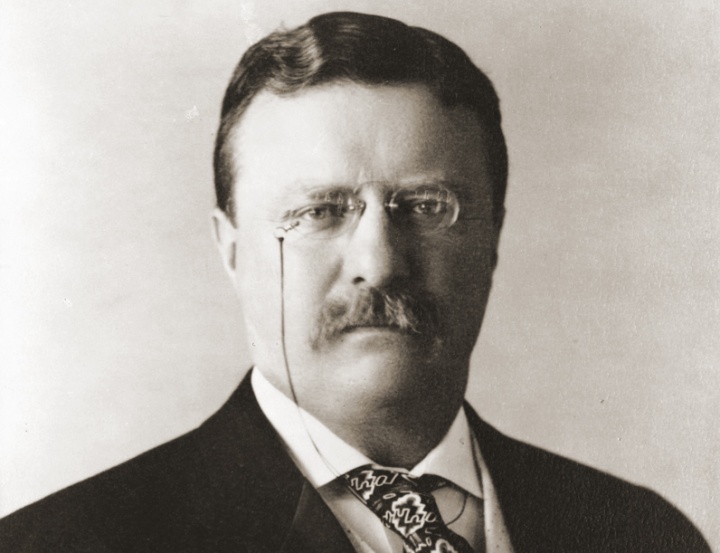How Events Molded the Character of One Future President

When Theodore Roosevelt was about 12 his father said to him: "Theodore, you have the mind, but you have not the body, and without the help of the body the mind cannot go as far as it should ... You must make your own body ... It is hard drudgery to make one's body ... but I know you will do it" (David McCullough, Mornings on Horseback, 1981, p. 112).
Teddy, as Americans would come to affectionately call him, later related to a friend the impact his father's admonition had on him. From his father's remarks he saw himself as a weak human specimen, so he had to make himself strong.
He began an immediate program of physical development, working out at a gymnasium with weights and punching bags. Teddy was religious in his devotion to improving his health. His determination paid off; he developed a powerful body no longer disabled by asthma.
Later in his life Teddy Roosevelt would suffer an even greater trial when his mother and his young wife died on the same day. His wife had given birth to a daughter just two days before. He was at a loss to explain such a tragedy. He said he knew of no answers save "God's will" or "strange and terrible fate" (ibid., p. 285).
Although some biographers say he never completely recovered from this calamity, he did respond to its challenge and triumphed over the depression that enveloped him.
Though the death of his wife at age 22 was crushing, he bounced back and went on to national greatness. Some have observed that had he not suffered in this way he might never have become president of the United States. Theodore Roosevelt, as have many others, responded to trials and suffering by accomplishing more than he would have achieved had those tests never happened.
